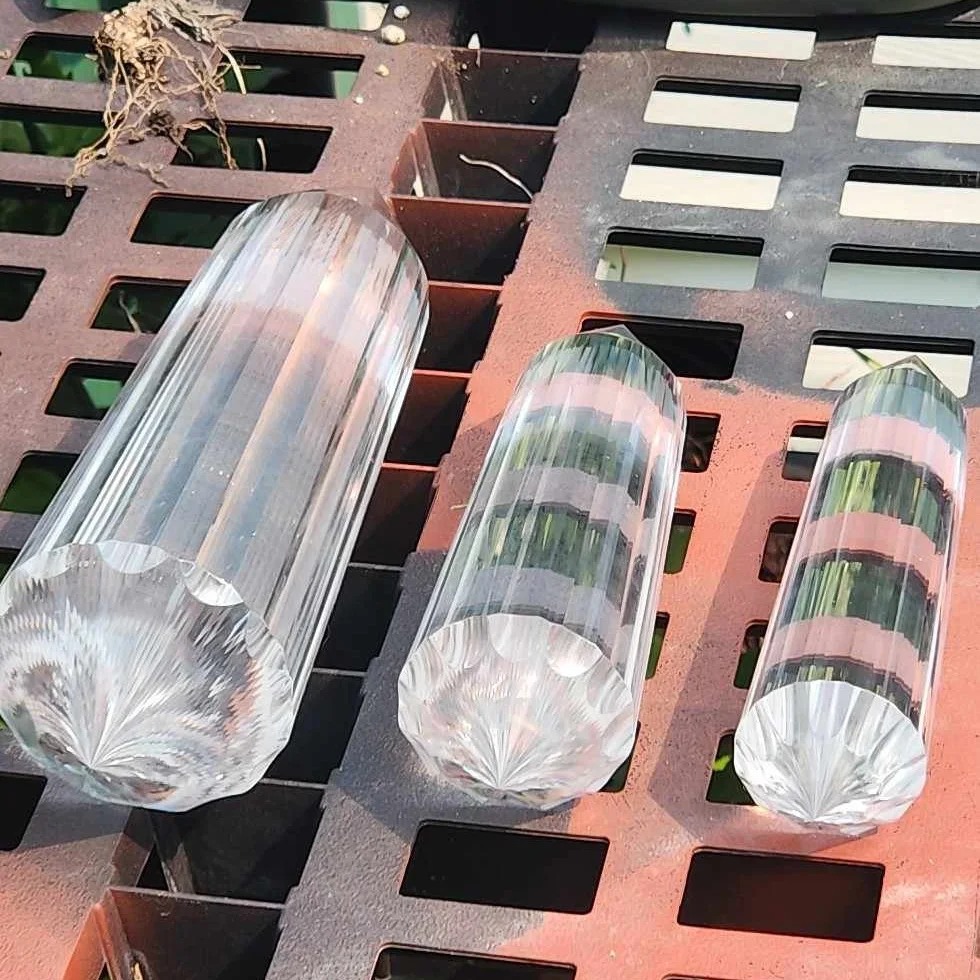Hormone Replacement

Hormone Replacement
What is Hormone Replacement?
Hormone replacement therapy (HRT) is a medical approach that aims to restore balance to fluctuating or deficient hormone levels. In a holistic wellness context, hormone replacement focuses on addressing the root cause of imbalances, often utilizing bioidentical hormones to mimic the body’s natural production. This approach can support individuals experiencing symptoms of menopause, various hormone-related health conditions, and those seeking optimal well-being.
Hormone replacement involves the use of hormones, either synthetic or bioidentical, to supplement or replace declining natural hormone levels. Bioidentical hormones are derived from plant-based sources and are molecularly identical to the hormones the human body produces. While traditionally associated with menopause, hormone replacement can benefit both men and women experiencing hormonal imbalances due to aging, health conditions, or other factors.
How Can Hormone Replacement Help You?
Hormone replacement can address a multitude of symptoms and conditions linked to hormonal imbalances, including:
- Menopausal Symptoms: Hot flashes, night sweats, mood swings, vaginal dryness, and sleep disturbances.
- Andropause (Male Menopause): Decreased libido, fatigue, muscle loss, and erectile dysfunction.
- Mood and cognitive changes: Hormone replacement may improve mood, reduce anxiety, and promote better focus and memory.
- Osteoporosis Prevention: Estrogen plays a vital role in bone health, and hormone replacement can help prevent bone loss and reduce fracture risk.
- Other Potential Health Benefits: Research suggests hormone replacement may offer benefits for conditions like thyroid disorders, cardiovascular health, and more.
What is Hormone Replacement Good For?
Hormone replacement is primarily used to:
- Alleviate Symptoms: Hormone replacement effectively addresses symptoms associated with hormonal deficiencies or imbalances, significantly improving quality of life.
- Manage Hormone-Related Conditions: This modality can help manage various conditions influenced by hormones, such as endometriosis and polycystic ovary syndrome (PCOS).
- Optimize Well-Being: Beyond symptom relief, hormone replacement can contribute to overall health and wellness by supporting energy levels, mental clarity, and a positive outlook.
Benefits of Hormone Replacement
Potential benefits of hormone replacement include:
- Symptom Relief: Reduced or eliminated bothersome symptoms like hot flashes, sleep problems, and mood changes.
- Improved Quality of Life: Hormone replacement can enhance overall well-being and restore a sense of normalcy for those impacted by hormonal shifts.
- Potential Disease Prevention: Research suggests hormone replacement may play a role in reducing the risks of osteoporosis, some cancers, and other chronic diseases.
- Boosted Self-Confidence: Restoring hormonal balance can lead to improvements in physical appearance, libido, and overall vitality, positively impacting self-esteem.
What to Expect from Hormone Replacement with a Practitioner
Here’s what you can generally expect from a consultation for hormone replacement:
- Thorough Evaluation: Your practitioner will perform a comprehensive assessment, including medical history, symptom review, and potentially blood tests to measure hormone levels.
- Personalized Treatment Plan: Based on your individual needs and goals, a customized hormone replacement plan will be developed, including hormone types, dosages, and delivery methods (pills, creams, patches, etc.).
- Regular Monitoring: Follow-up appointments will be scheduled to monitor your progress, adjust treatment, and address any questions or concerns.
Similar Modalities to Hormone Replacement
Other complementary therapies that may be used alongside or as alternatives to hormone replacement include:
- Herbal and Dietary Supplements: Natural substances like black cohosh, soy, and flaxseed may offer mild effects for certain menopausal symptoms.
- Acupuncture and Traditional Chinese Medicine: Seeks to balance energy flows throughout the body and may reduce the severity of hormonal imbalance symptoms.
- Lifestyle Modifications: Stress management, regular exercise, and a balanced diet can positively influence hormonal health.
Final Thoughts
Hormone replacement, especially within a holistic wellness approach, offers a potential solution for those struggling with the effects of hormonal imbalances. It’s essential to work with a qualified practitioner to determine if hormone replacement is suitable for you and develop a personalized treatment plan. By addressing hormonal deficiencies, hormone replacement can positively impact your overall health, well-being, and enhance your quality of life.
Scientific References
- Hodis, H. N., & Mack, W. J. (2011). The timing hypothesis and hormone replacement therapy: a critical update. New England Journal of Medicine, 365(20), 1949-1951. DOI: 10.1056/NEJMp1110966
- Langer, R. D. (2017). The evidence base for HRT: what can we believe?. Climacteric, 20(2), 91-96. DOI: 10.1080/13697137.2017.1287246
- Santen RJ, Allolio B, Arlt W, et al. (2016) Task Force on Hormone Replacement Therapy of the European Society of Endocrinology. Guidelines for the management of androgen deficiency in adult men. European Journal of Endocrinology. 174(4):R205-19. DOI: 10.1530/EJE-15-0961
Recommended Reading
- Screaming to Be Heard: Hormonal Chaos in Women by Elizabeth Vliet M.D.
- Natural Hormone Replacement for Women Over 45 by Jonathan Wright M.D.
- What Your Doctor May Not Tell You About Menopause by John R. Lee M.D.
FAQ: Hormone Replacement
Is hormone replacement safe?
The safety of hormone replacement depends on various factors, including individual health status, hormone types, dosages, and duration of use. Consulting a qualified practitioner is crucial for assessing personal risks and benefits.
Are bioidentical hormones better than synthetic hormones?
Bioidentical hormones are often preferred for their similarity to the body’s naturally produced hormones. However, research on the comparative risks and benefits of synthetic versus bioidentical hormones is ongoing.
Can men benefit from hormone replacement?
Yes, men can also experience hormonal imbalances, particularly testosterone deficiency with age. Hormone replacement may be considered to address symptoms and improve overall health for men.
How long will I need to be on hormone replacement?
The duration of hormone replacement varies and is determined on a case-by-case basis. Some individuals may use it for short-term symptom relief, while others may require longer-term therapy.
How do I find a qualified hormone replacement practitioner?
Look for a practitioner specializing in hormone optimization and has experience in individualized treatment planning. Seek referrals, or search for practitioners associated with professional organizations dedicated to bioidentical hormone replacement.
Related Practitioners
Helena Fleming B.A., M.A. LIC I.S.H, RHOM
HOMEOPATHY & BIORESONANCE
- 3 Meadowbrook, Tulsk, Co. Roscommon, F45 FH97, Ireland
- (678) 210-5270
I am a homeopath and bioresonance practitioner with 27 years experience. I combine a classical approach to homeopathy with state-of-the-art… Read More





















